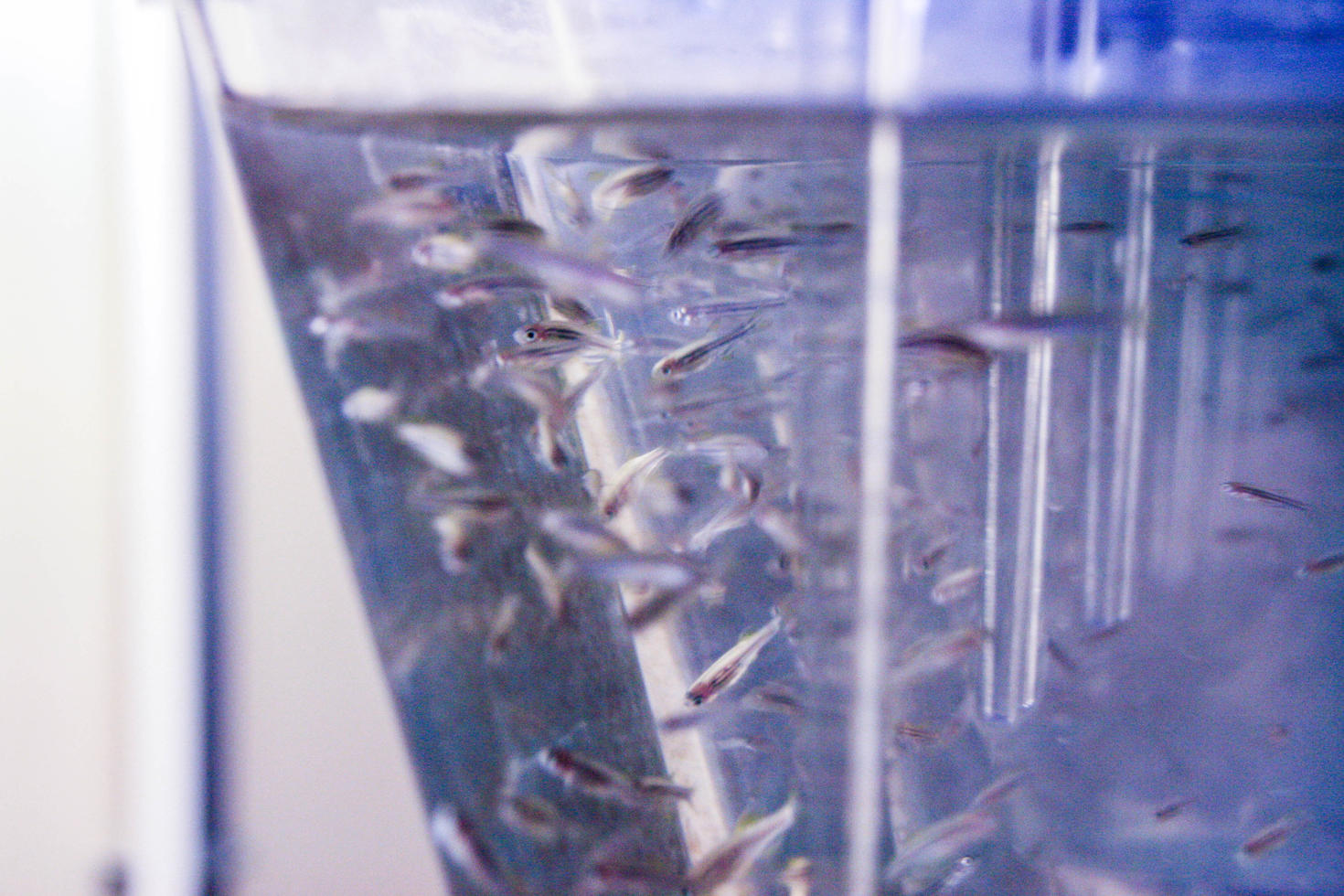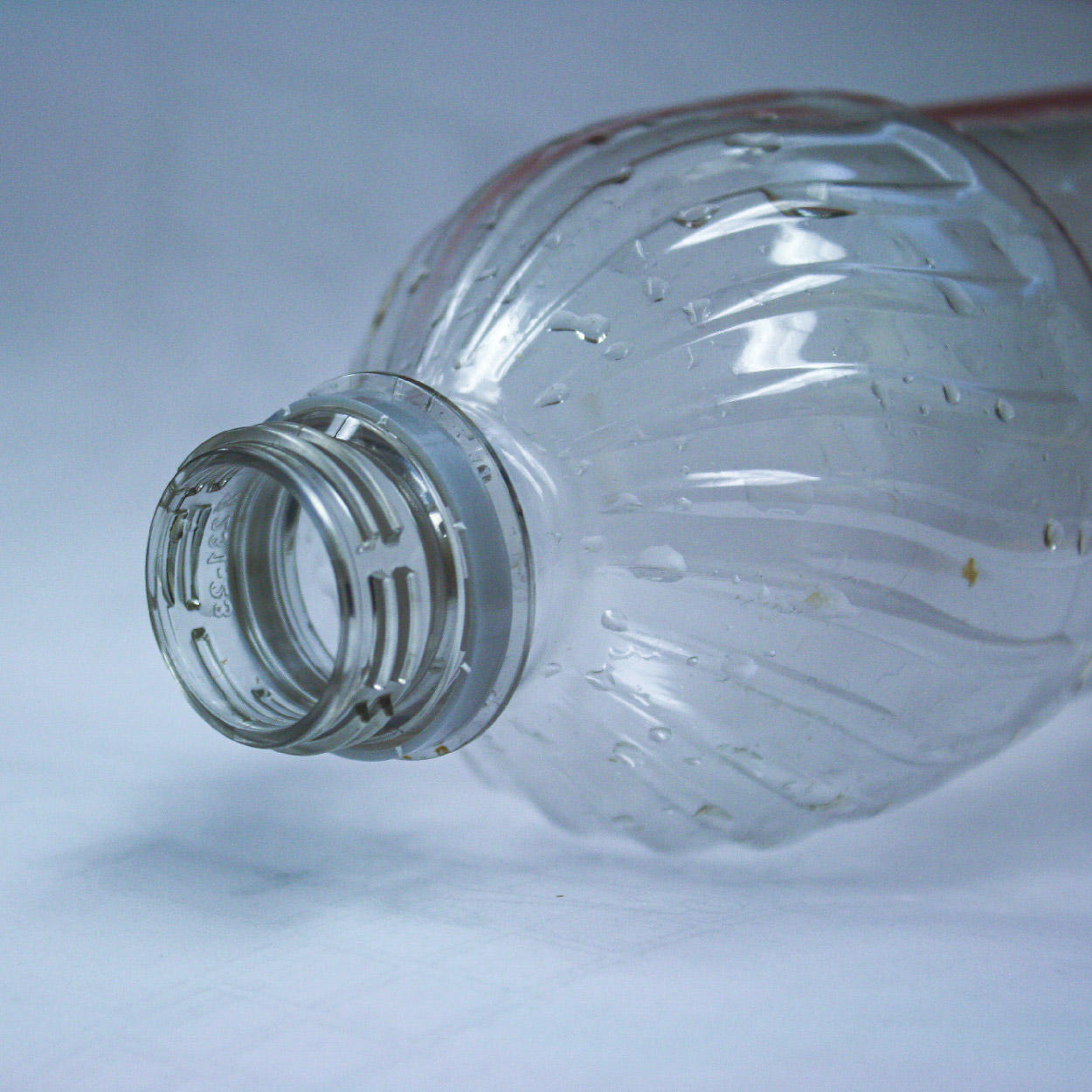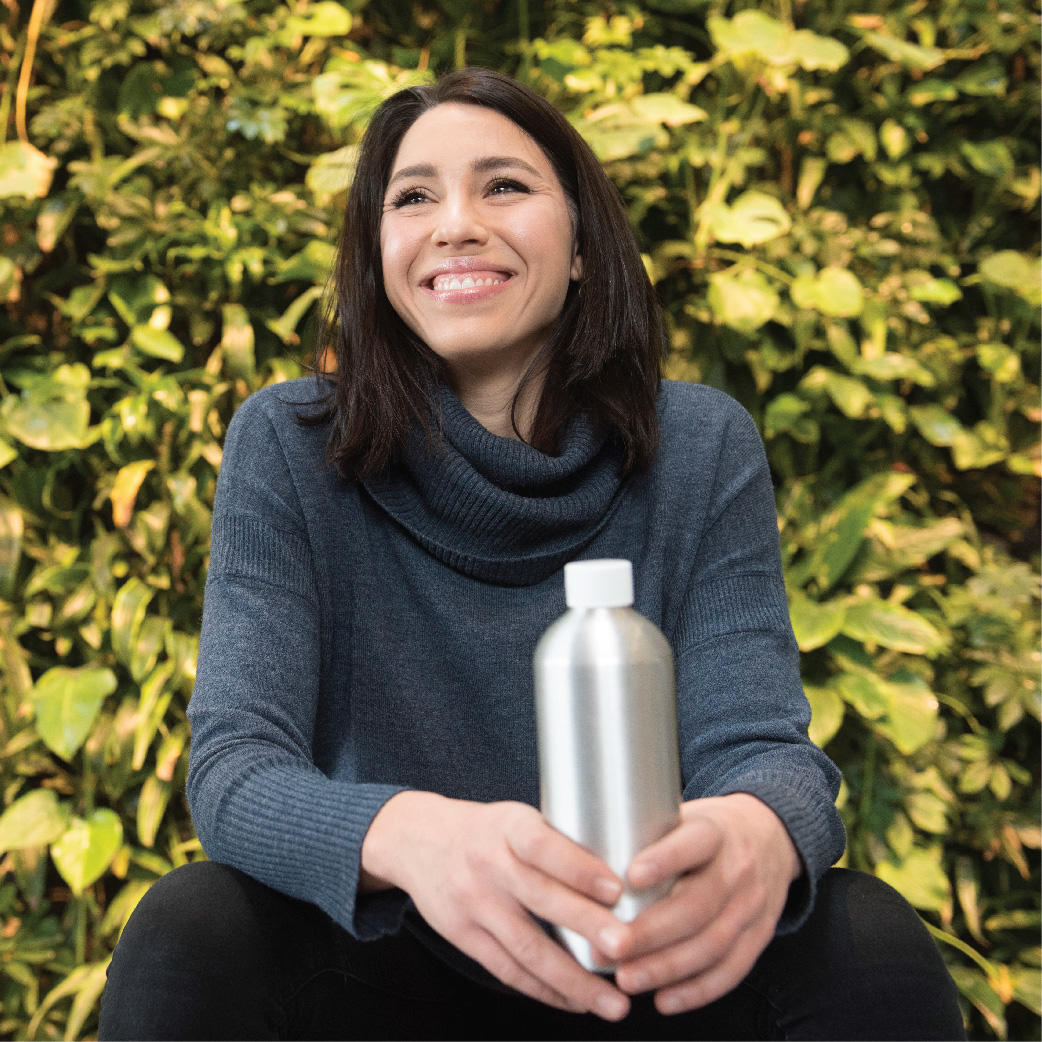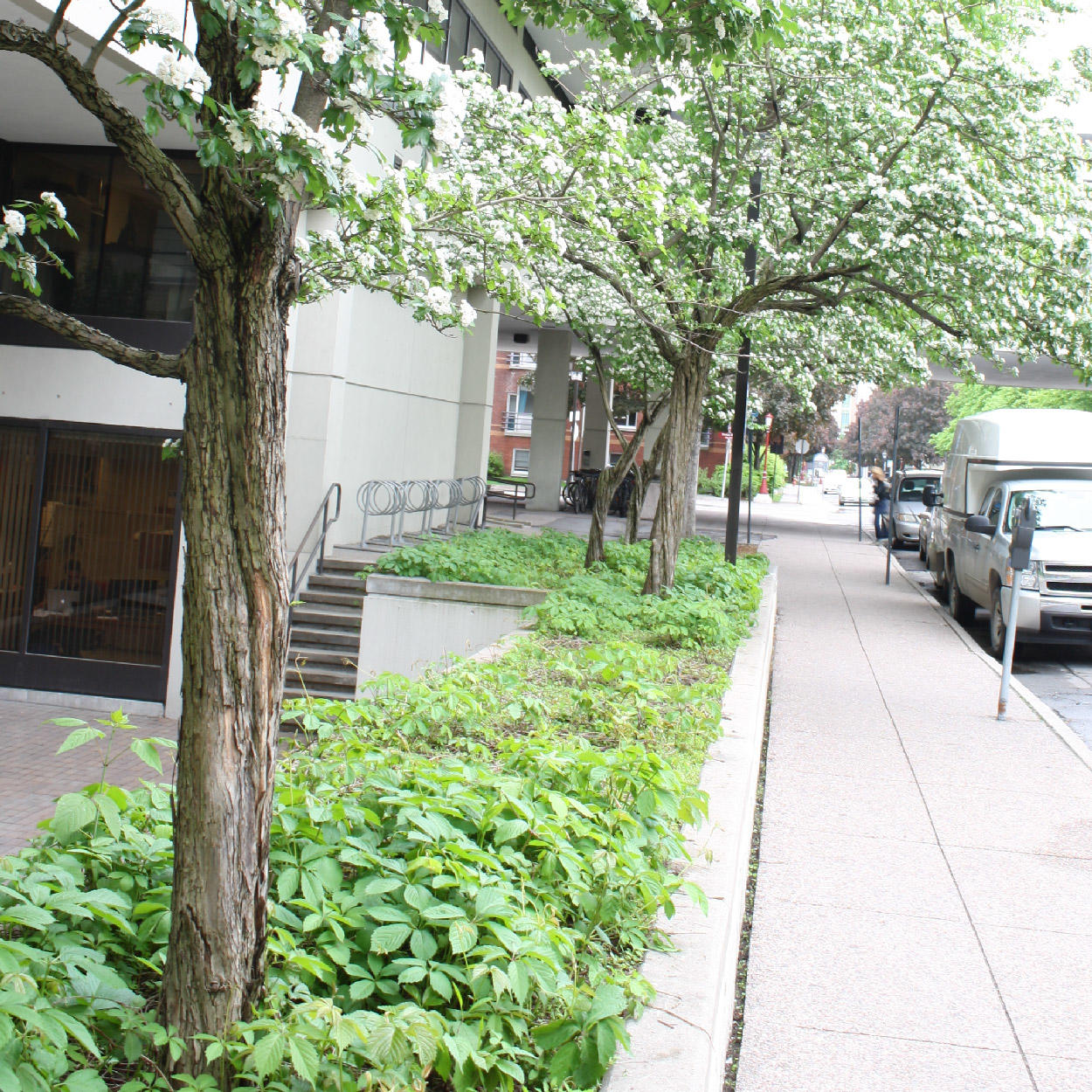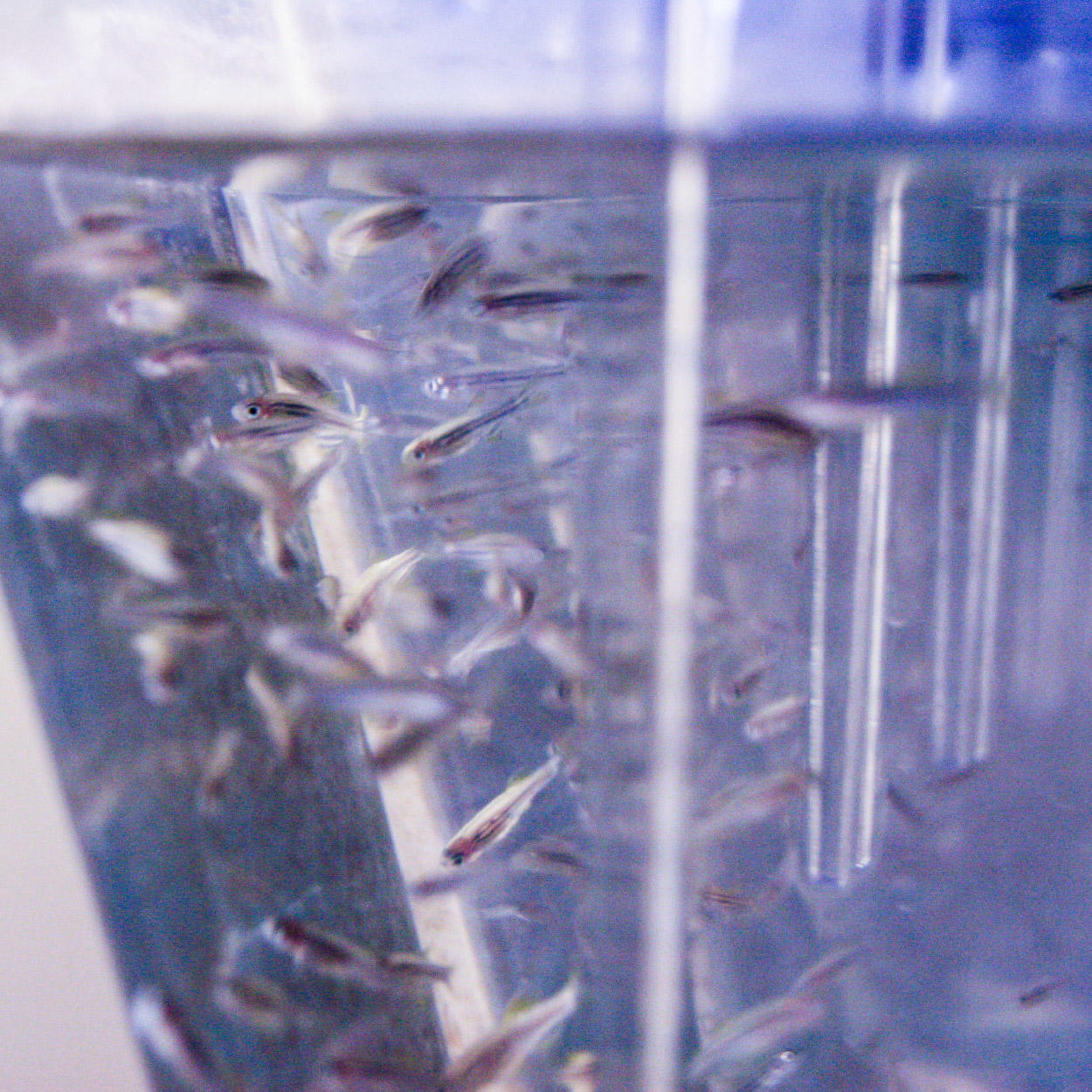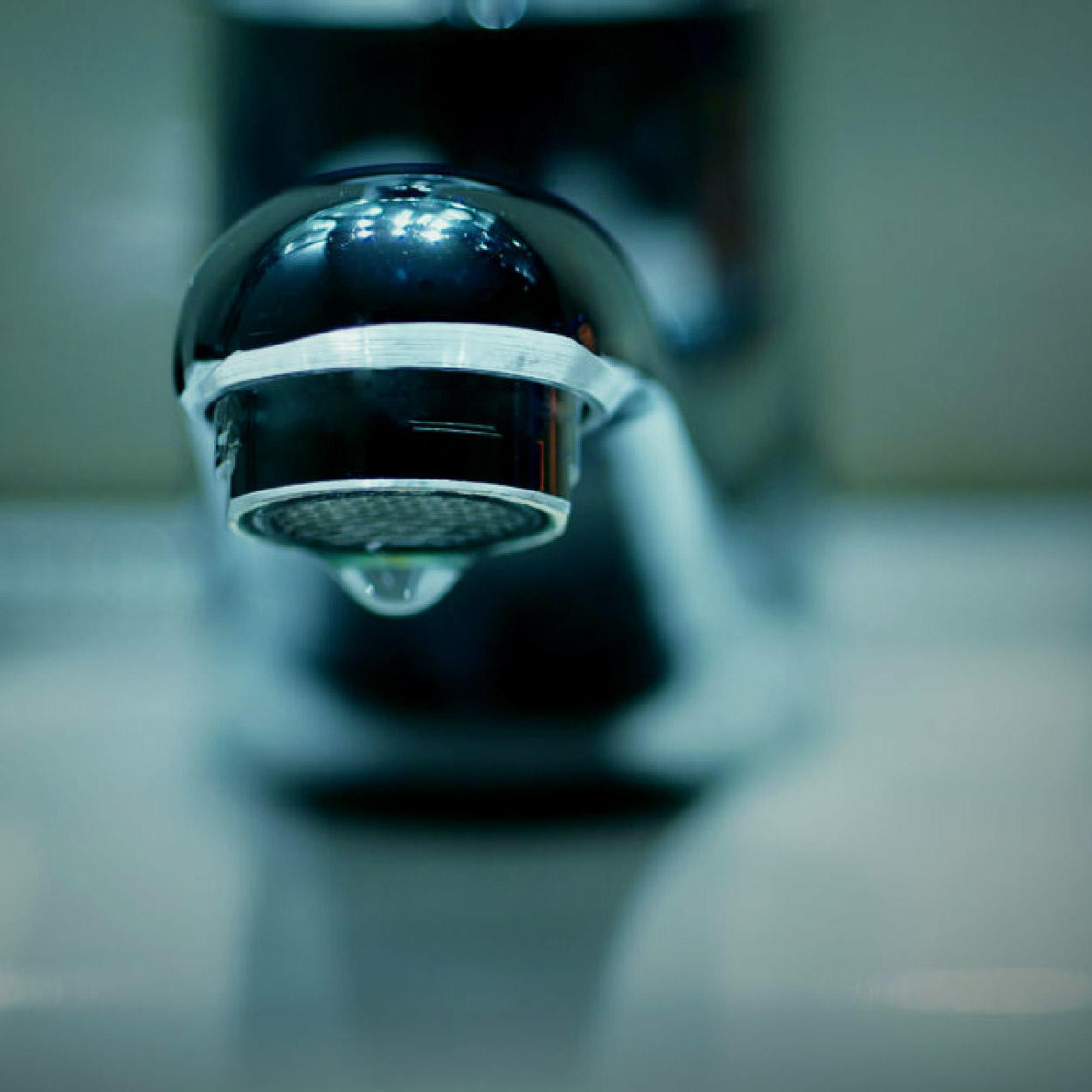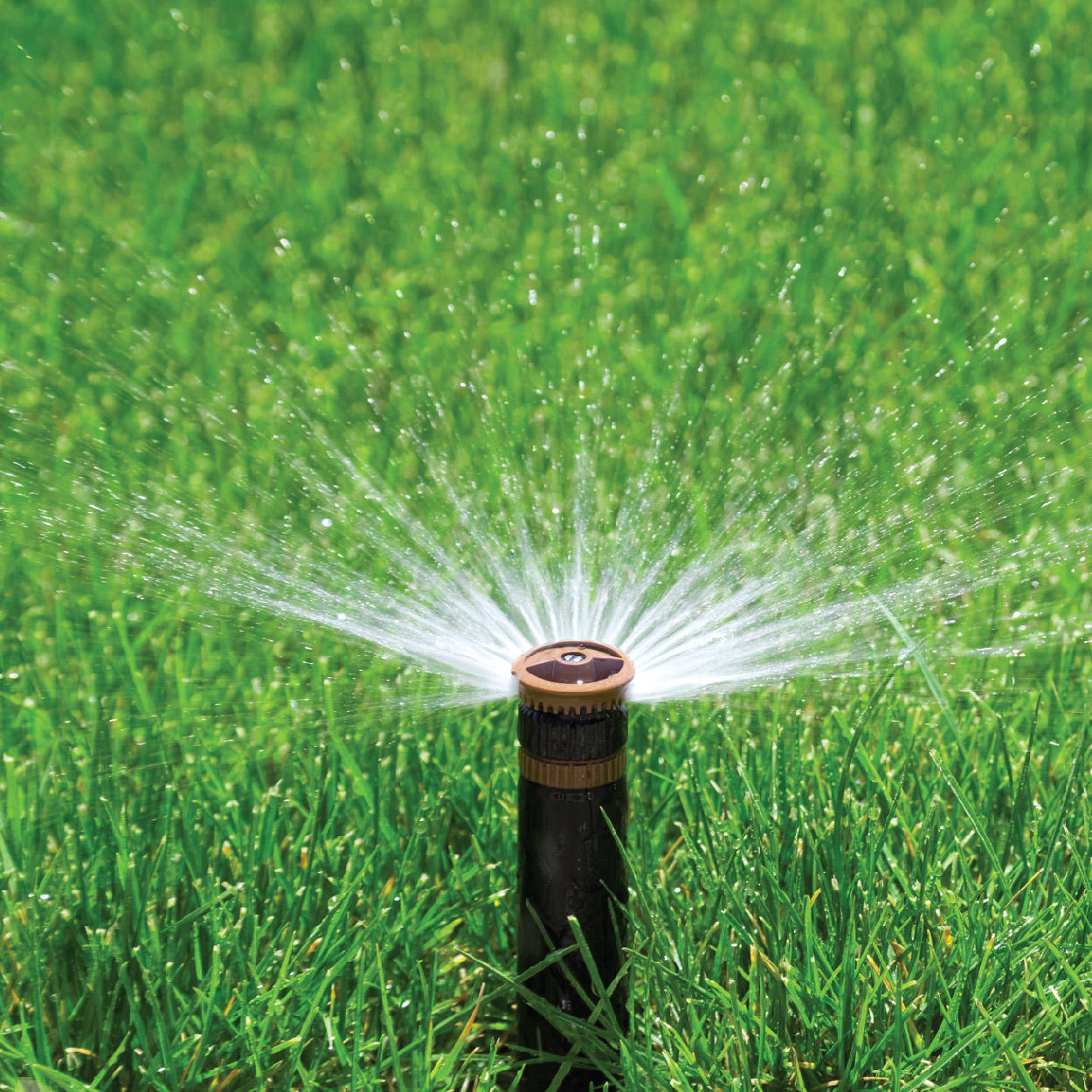Why are we bottled water–free?
The United Nations recognizes access to water as a basic human right. Restricting access to water by making it a commercial commodity contradicts uOttawa’s mission to foster a healthy and inclusive learning environment.
Bottled water also carries significant environmental costs. The energy used for manufacturing, transportation and refrigeration contributes to greenhouse gas emissions. Plastic bottles often aren’t recycled and end up in landfills or as litter in natural ecosystems.
Marketing bottled water can also undermine public confidence in municipal tap water, even though Ottawa’s city water supply delivers some of the cleanest and safest drinking water in the world. Every day, it serves nearly 900,000 people, including the uOttawa community.
In contrast, bottled water isn’t subject to the same rigorous standards as municipal tap water. Research also shows bottled water that’s stored improperly may contain harmful microplastics leached from the packaging.
What we offer on campus
Drinking fountains are available on nearly every floor of every building across all uOttawa campuses. These fountains offer free, clean drinking water to everyone.
While bottled water isn’t sold on campus, other natural and low-calorie beverage options are available at food service locations.
Reducing bottled water at events
To support our commitment to being bottled water–free, here’s how you can reduce bottled water use at events:
- Don’t distribute or sell bottled water at your event.
- Remind guests, speakers and vendors that uOttawa is a bottled water–free campus.
- Encourage attendees to bring their own reusable water bottles.
- Let participants know where nearby water fountains are located.
- Offer reusable bottles as event swag when possible.
- For outdoor or remote events without nearby fountains, consider renting a hydration station.
